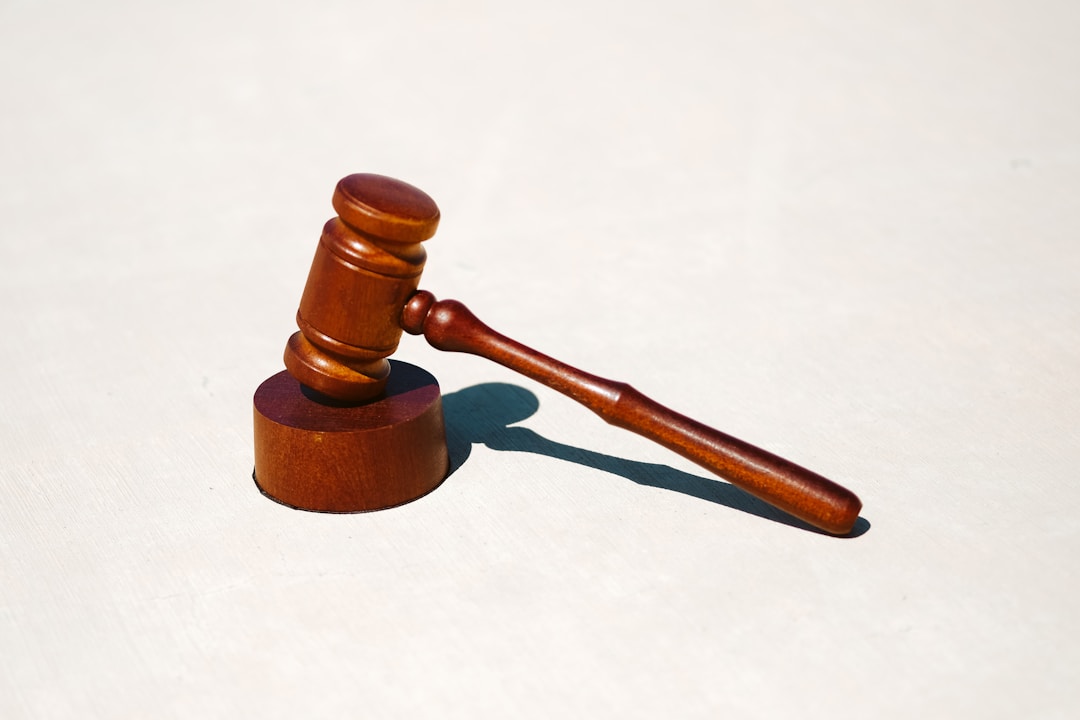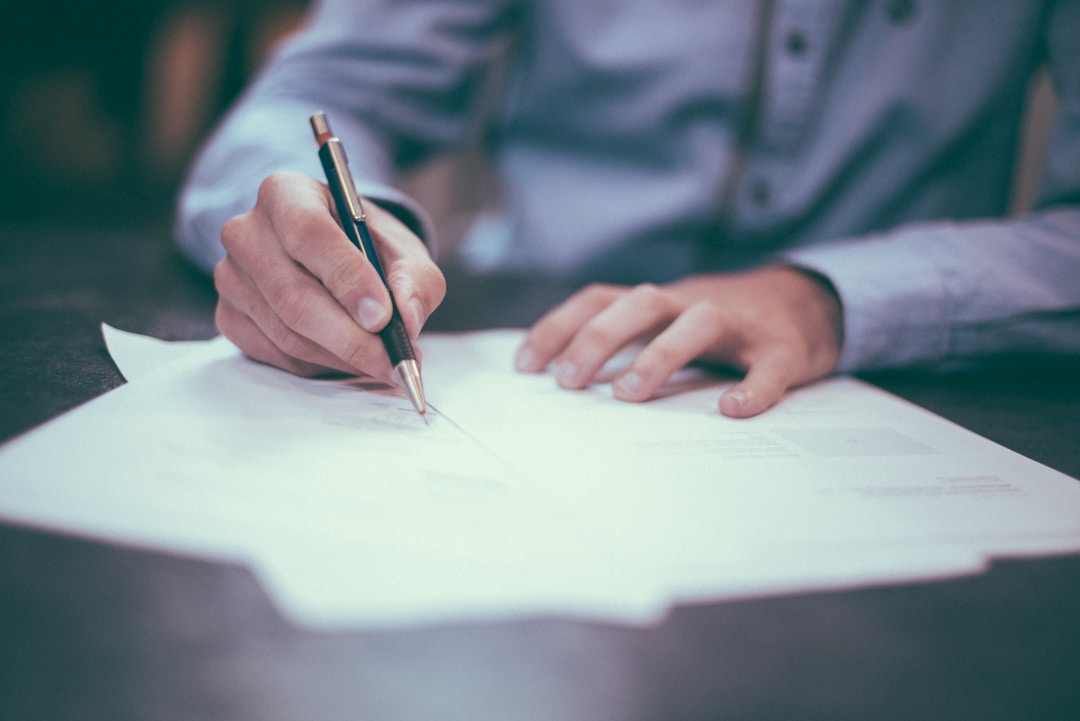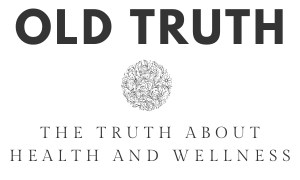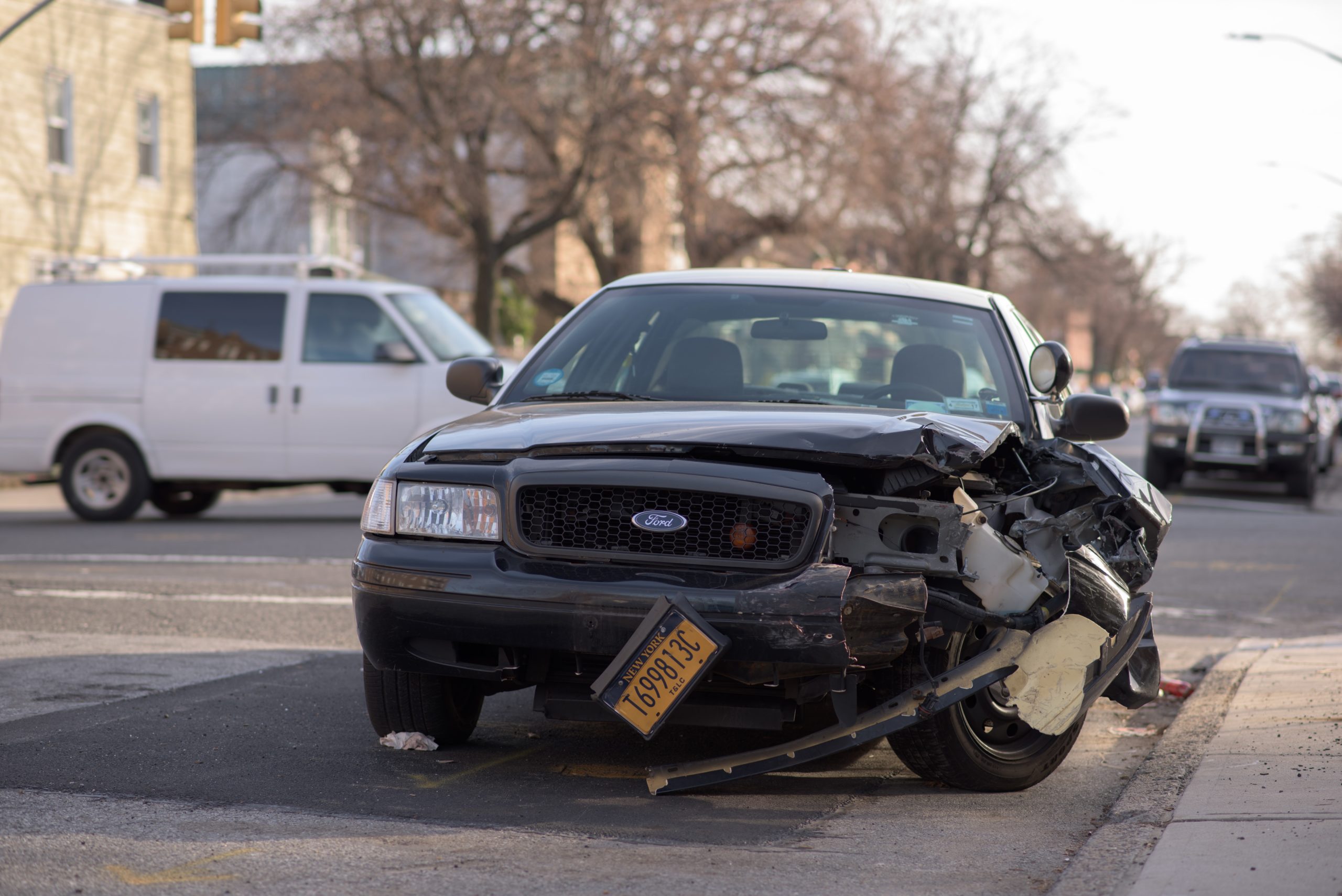Unexpected negative things happen. If you’re at fault, you seek resolution at your own expense. In situations where the other party is responsible, you demand compensation. Such situations could be due to defamation, a work-related accident, a car accident, or injury due to medical malpractice, etc.
In certain instances, the individual will own up and offer apt compensation. In others, you’ll need professional help from a personal injury lawyer. However, finding the best one requires detailed evaluation. This article offers three tips to help you make the right choice.
1. Seek help from a law firm.

When you have a personal injury case, the first thing to do is to find a law firm that offers a free consultation. Google can help in this case. Let’s say, for example, you live in New Orleans. If it’ll be prudent to get legal guidance from a lawyer in your locality. You can enter the criteria “New Orleans personal injury lawyer” into the search engine. The directory will provide you with apt responses. You can then validate if your chosen legal representative ticks all the boxes.
Once you’ve found a suitable firm, they’ll offer the requisite legal advice on the next step forward. If they don’t provide such services and have partner firms, they’ll link you up with someone. If they have no partner, they’ll likely offer you a few choices for your personal injury attorney.
2. Ascertain the license status of the lawyer.

This next tip requires that you undertake a more detailed background check on the recommended lawyer. Firstly, find out the lawyer’s previous experiences and look out for the number of cases they’ve won. This will help you understand their abilities and how accessible and flexible they are. Next, research their charges, as well as the makeup of their legal team, and methods of handling identical cases.
You can also organize a meeting beforehand. It doesn’t necessarily have to be a physical meeting. Due to COVID-19, many law firms now use video conferencing and MS Teams call center tools to communicate with their customers. If you’d rather not ask the lawyer directly about their past, you can check with a regulatory body. Many countries have a regularly updated registry of legal professionals that indicate if a person is in ”good standing” with the regulatory body. Some countries even have their registries online, and others offer the required information on request, either via phone call or in person.
Some of these registries also give in-depth information on the person’s history, current practice, or firm. Some even go as far as putting the lawyer’s specialty. All you need to do is enter the specific particulars you seek. So, you can save yourself the time and hassle of trying to research all this online.
3. Study contractual agreements.

You’re employing the services of a professional. More often than not, this doesn’t come for free. It, therefore, important for a contract to be drafted and signed. This provides clarity, direction and ensures responsibility on the part of both parties.
Stay involved every step of the way. Find out what will be the specific demands of the lawsuit? Will your lawyer be going for maximum compensation? At what point will you agree to put an end to the litigation? Also, if the court permits the defendant to engage in an out-of-court negotiation with you, what will be the terms of your demand? What do you both agree is a fair settlement for your personal injury?
Affirm how the lawyer will go about his charges. Will there be hourly rates? Will he/she take a percentage of the compensation you’ll get? Make sure you get every facet of the lawsuit into the contract. No matter how detailed it is, go through it repeatedly.
Make sure things are explained to you in simple language you understand. Ensure you fully grasp all the details of the contract. A lawyer who seeks your goodwill puts you first and ensures things swing in your favor.

